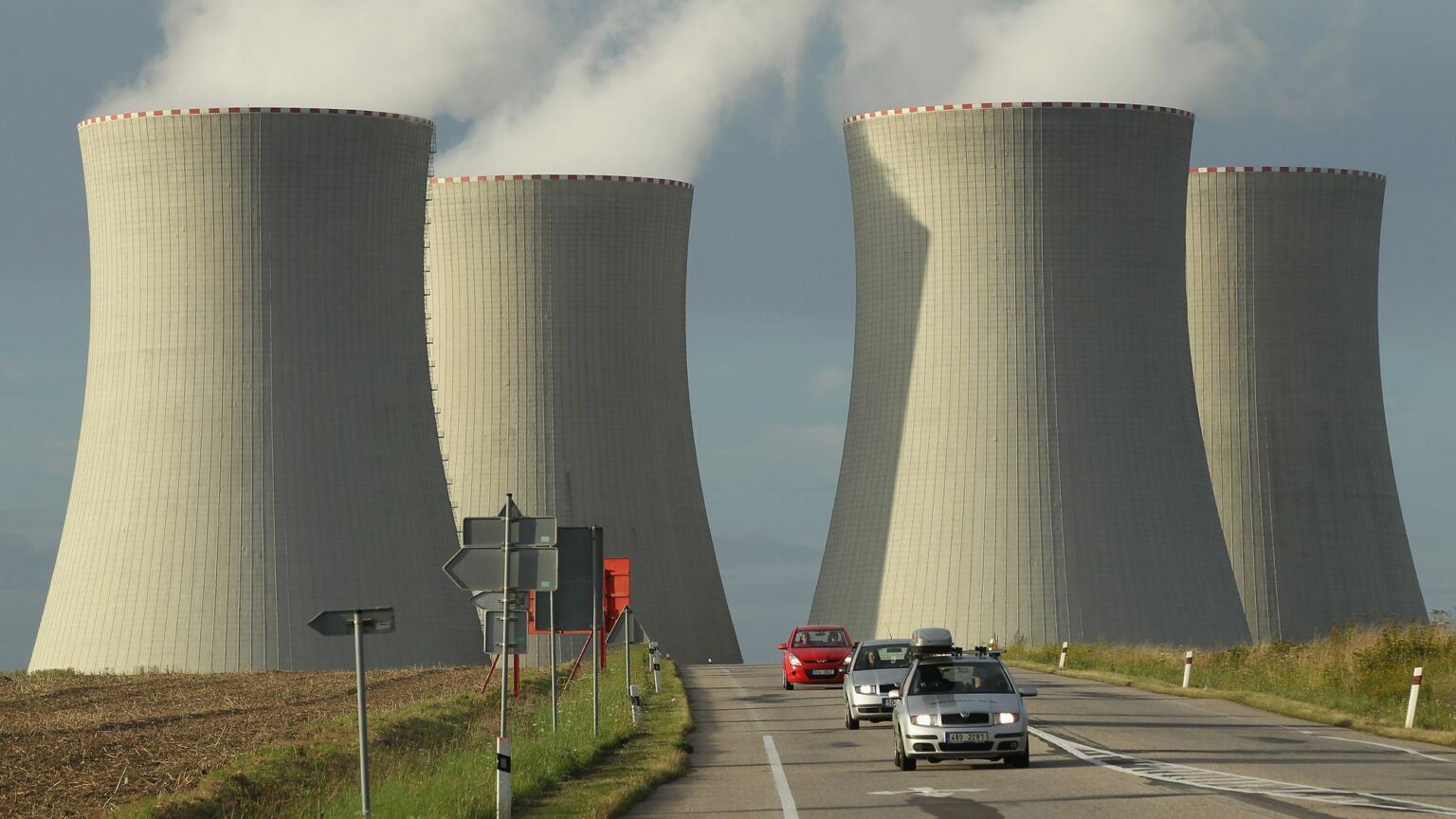Why Britain should go big on nuclear power
Politicians need to rediscover their sense of ambition.

After 14 years of dawdling, the UK government has finally announced plans to build a new large-scale nuclear-power plant. The plant could potentially quadruple our existing nuclear-energy capacity by 2050.
If built, this plant would rival Finland’s Olkiluoto (OL3) plant to be the largest in Europe. OL3 came online last year and now meets around 30 per cent of Finland’s electricity demand.
As it stands, the most likely location for the plant is Wylfa on the island of Anglesey, Wales. The Welsh government is in favour of new nuclear-power generation within Wales, and Wylfa has long been touted as a likely site. The Nuclear Industry Association (NIA) has even described Wylfa as one of the best sites in Europe for new nuclear generation. Indeed, there has already been one attempt to build a nuclear reactor there, which fell through in 2020. It left local residents, hoping for jobs and investment, devastated.
One thing is clear. The UK desperately needs new nuclear capacity. As it stands, the UK generates about 15 per cent of its electricity from nuclear energy, but most of this existing capacity will be retired by the end of the decade. Électricité de France (EDF), which manages the UK’s existing plants, recently announced that it is planning to expand the lifetimes of some of the reactors, but a significant shortfall in power generation will remain.
Despite the clear need for new sources of energy production, criticisms of this new nuclear proposal are already coming thick and fast. Many of the criticisms focus on nuclear plants’ lengthy build-times. As a BBC report puts it, ‘to get from planning to “power on” can take nearly 20 years’. That sounds like a long time, but as the article also notes, consultations can take 10 years alone. This suggests that the problem lies principally in the UK’s byzantine planning system.
The UK government’s announcement comes after France’s pledge in 2022 to build six new reactors. More recently, the French have upped their ambitions, suggesting that they may build 14. France has long been a nuclear behemoth. In 1974, due to the oil crisis, French prime minister Pierre Messmer instigated a plan to build nuclear-power plants en masse. There was a saying at the time: ‘In France, we do not have oil, but we do have ideas.’ The idea was to build 52 new reactors between 1975 and 1990. Through this, France mostly decarbonised its electricity grid and massively expanded its engineering and construction expertise.
However, France faced ongoing protests from heavily funded ‘green’ lobby groups like Greenpeace, which eventually eroded government commitment to nuclear power. Due to this, French nuclear-power output fell to a 30-year low in 2022, after operational issues forced many reactors offline. This placed additional pressure on European energy prices, which were already being driven up due to reduced gas flows from Russia.
On French television in 2022, I called out the ongoing neglect of French reactors. This led to (now former) EDF CEO Jean-Bernard Lévy admitting live on TV that this was part of a nuclear phase-out planned by the French government. The French press was in uproar about this revelation, and a few days later Macron announced his commitment to nuclear energy.
Eventually, reason cuts through. France has u-turned on nuclear energy and plans to go big, after making the mistake of giving in to anti-nuclear activists and prematurely closing the Fessenheim nuclear-power plant in 2020. The French government has now realised that France should not go down the route Germany took with its failed Energiewende. Germany phased out its nuclear-power fleet, spent trillions on building renewables and now relies on coal to fill the energy gap.
More recently, President Macron further reinforced France’s commitment to nuclear energy at the COP28 climate summit in Dubai, where he led a group of 22 countries in signing a pledge to ‘triple nuclear-energy capacity from 2020 by 2050’.
What does France have that Britain doesn’t? Technically speaking, nothing. In 1917, physicist Ernest Rutherford split the atom at the University of Manchester. Now the country that instigated the Industrial Revolution struggles to build housing, high-speed rail or new power plants. It’s time that British politicians looked past the short-termism of their positions and committed to a long-term vision for the benefit of all British people.
As we dither, the East is charging ahead. China is building more reactors than anywhere else in the world. Last year, India brought its first homegrown, Indian-designed reactor online. The Middle East also has its sights on expanding nuclear power, with the UAE going from having zero nuclear expertise or industry to building four reactors in under 10 years. The Barakah nuclear-power plant now meets 25 per cent of the country’s electricity needs.
As we saw during the Russian invasion of Ukraine and the sabotage of the Nord Stream pipelines, wars can be fought using energy. Our lack of energy security is now a major weak spot. But we also need energy abundance in order for our societies to flourish. Nuclear energy is the cleanest, most reliable and most powerful source of energy we have. All with the smallest land footprint. It’s high time Britain embraced it.
Zion Lights is the founder of pro-nuclear campaign group Emergency Reactor, an environmentalist and a former spokesperson for Extinction Rebellion.
Picture by: Getty.
To enquire about republishing spiked’s content, a right to reply or to request a correction, please contact the managing editor, Viv Regan.









Comments
Want to join the conversation?
Only spiked supporters and patrons, who donate regularly to us, can comment on our articles.